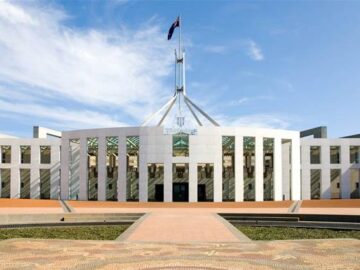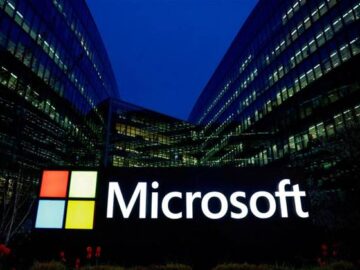Countries led by Britain, France and the United States and tech firms including Google, Microsoft and Meta signed a joint statement recognising the need for more action to tackle malicious use of cyber spying tools.
The declaration was signed by 35 nations at a conference hosted by both Britain and France to tackle the growing availability and use of spyware used to listen to phone calls, steal photos and remotely operate cameras and microphones.
The agreement said the rapidly growing spyware market raises concerns over its impact on national security and human rights, as well as expands the “potential pool of state and non-state actors with access” to powerful spying tools.
The declaration called on signatories to use the tools in a legal and responsible manner, use them with precision, introduce more oversight and create more transparency with commercial spyware vendors.
Signatories warned that not placing stricter controls on such software increased the risk of bad faith actors carrying out espionage activity.
Spyware tools can also be used by hackers-for-hire who carry out mercenary hacking campaigns on behalf of commercial clients.
Spyware firms often say their products are meant for use by governments for national security, but the technology has been repeatedly found to have been used to hack into the phones of civil society, political opposition and journalists in the last decade.
The industry has faced increasing scrutiny since the Israeli firm NSO’s Pegasus spyware was found on the phones of various people globally, including human rights defenders.
The United States also announced a new visa restriction policy for those it said were misusing commercial spyware.




